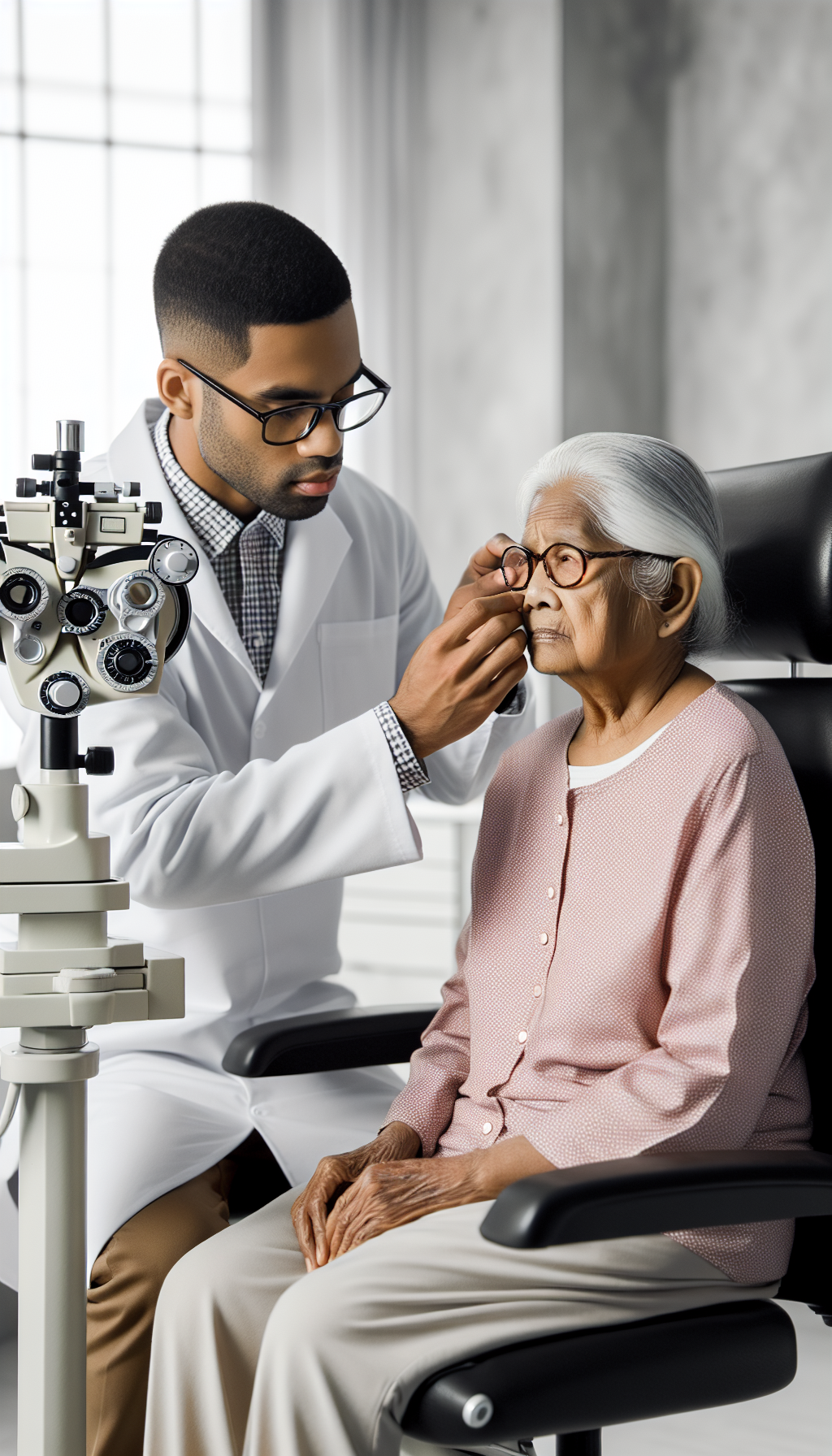As we age, our bodies undergo a myriad of changes, many of which affect our sensory systems – vision, hearing, taste, smell, and touch. These sensory changes can significantly impact the quality of life and well-being of elderly individuals. Understanding and addressing these challenges requires a comprehensive approach to sensory health.
The importance of sensory health cannot be overstated, as it profoundly influences our ability to interact with the world and engage in daily activities. For more detailed information on sensory health, visit Sensory Health on the Avix Health website.
Vision and Hearing Decline
One of the most noticeable changes in the elderly is the decline in vision and hearing. Age-related macular degeneration, glaucoma, and cataracts can impair vision, while presbycusis—or age-related hearing loss—can make it difficult for older adults to communicate and remain socially active. These conditions not only affect the ability to engage with the environment but also pose safety risks and can lead to social isolation.
To learn more about how sensory health affects social interactions, the article Impact of Sensory Health on Social Interactions provides valuable insights.
Taste and Smell Alterations
Changes in taste and smell may also occur, making food less appealing and affecting appetite and nutrition. This can be particularly concerning as proper nutrition is vital for maintaining Bone Health and overall well-being in the elderly. Taste buds decrease in number and sensitivity, and the sense of smell may diminish due to changes in the olfactory system or as a side effect of medication.
For information on how different needs can be tailored, the article Tailoring Sensory Experiences for Different Needs offers practical advice.
Tactile Sensitivity and Proprioception
Tactile sensitivity often decreases with age, which can alter the perception of touch and pressure. This decrease can affect fine motor skills and the ability to detect temperature changes or pain, increasing the risk of injury. Additionally, proprioception, or the sense of body position, can decline, leading to difficulties with balance and coordination, heightening the risk of falls.
The role of occupational therapy in managing these changes is explored in The Role of Occupational Therapy in Sensory Health.
Strategies for Managing Sensory Health in the Elderly
Regular Assessments
Regular sensory assessments by healthcare professionals are crucial for early detection and management of sensory impairments. Interventions may include medical treatments, surgery, assistive devices, or environmental modifications to enhance sensory input.
Sensory-Friendly Environments
Creating sensory-friendly environments can help alleviate the impact of sensory changes. This involves reducing excessive noise, ensuring adequate lighting, using contrasting colors to define spaces, and removing tripping hazards to improve safety and independence.
Nutrition and Hydration
Maintaining good nutrition and hydration is essential for sensory health. Nutrients such as omega-3 fatty acids, antioxidants, and vitamins A, C, and E can support eye health, while zinc and vitamin D are important for hearing.
Stimulation and Adaptation
Engaging in sensory stimulation activities can help preserve sensory function. This includes listening to music, gardening, or using tactile objects. Adapting activities to suit sensory changes, such as using talking books or audiobooks for those with visual impairments, can also be beneficial.
Social Support and Inclusion
Support from family, friends, and community groups can help the elderly cope with sensory changes. Social inclusion is vital for mental health and can prevent feelings of isolation.
Professional Support
Professionals like occupational therapists can assist with sensory integration therapy and recommend sensory diets tailored to individual needs, helping to optimize sensory processing and function.
The Broader Impact of Sensory Health Challenges
Economic Considerations
Sensory impairments in the elderly can lead to increased healthcare costs, both for individuals and society. The economic implications of sensory health issues are further discussed in the article The Economic Impact of Sensory Health Issues.
Sensory Health and Cognitive Function
Research has indicated a link between sensory impairments and cognitive decline. Addressing sensory health may therefore have a protective effect on Brain Health, which is a critical aspect of aging.
Technological Innovations
Advancements in technology have led to the development of sensory-friendly products and innovations that can assist the elderly. From hearing aids that connect to smartphones to eyeglasses with built-in magnification, these tools can significantly improve daily life for those with sensory impairments.
For further reading on innovations in this field, the article Sensory Friendly Products and Innovations offers an overview of the latest developments.
External Resources
To support the points made in this article, here are niche and specific resources that provide further information:
- The Lighthouse Guild offers specialized services and programs for the visually impaired, including those affected by age-related conditions.
- Hearing Loss Association of America provides resources and support for those experiencing hearing loss, promoting strategies for effective communication.
- The Gerontological Society of America publishes research and best practices on all aspects of aging, including sensory health considerations.
In conclusion, sensory health challenges in the elderly require attention and care to ensure a high quality of life. With the right strategies and support, older adults can continue to engage with their surroundings, maintain social contacts, and live independently. It’s a collective effort that involves individuals, caregivers, healthcare professionals, and the broader community to create an inclusive environment that honors the sensory experiences of the elderly.



